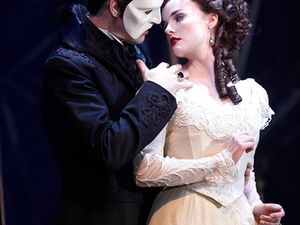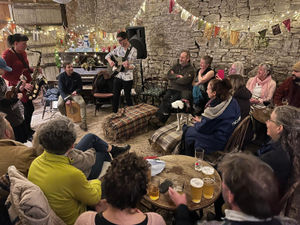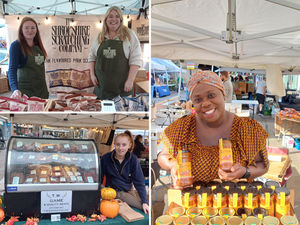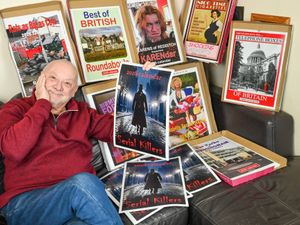Walsall's Jorja ready for homecoming gig
Jorja Smith has enjoyed a remarkable rise to fame after the release of her debut album Lost and Found.
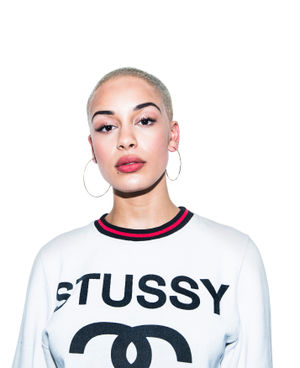
The Walsall star is on the road with a sell-out UK tour, which reaches Birmingham’s O2 Academy tomorrow.
Music runs in her family and Jorja has been creating tunes for many years. She started performing when she was eight and began writing songs at the age of 11, amassing a broad catalog of mostly unreleased tracks that skew from pop to modern soul.
She wrote a song called High Street, telling the story of shop closures in her hometown of Walsall during the economic recession of the late-noughties.
Her family settled in the area after Jorja’s mother forged a career as a jewellery maker, formerly living in London, and her Jamaican-born father led a neo-soul vocal group called 2nd Naicha. Jorja was raised on a diet of reggae, rock, and soul, which she countered with her own love of funky house and dubstep. Her dad, she said, realised she had a talent when he heard her sing Silent Night in church.
Jorja moved to London where she wrote more songs and supported herself by working at Starbucks. Rather than party at the weekend, she’d rush home to write more songs.
Her breakthrough came in January 2016, when she finally self-released her debut single, Blue Lights, which was a hit on local London radio. Taking its refrain from Dizzee Rascal’s 2007 political statement Sirens, Jorja’s Blue Lights was inspired by the black stereotype and by Form 696, a mandatory licensing document that, until 2008, required event promoters to inform the police of the ethnic makeup of their intended audiences.
Soon, she was discovered by Drake who asked her to duet on Get It Together. Jorja said no. “I couldn’t sing it because it didn’t relate to me,” she says. “I didn’t write it, didn’t know what I was talking about.”
However, soon after, she and her then-boyfriend broke up and Drake’s song started to make more sense.
She told The Cut: “I messaged him being like ‘Hey, is there still space for me to be on that song?’” A few months later, they performed the song together onstage in London and then Toronto, and tabloids began suggesting the two were hot and heavy. “I’m happy I did it and so grateful. Loads of people found out about me because of that song.”
She’s enjoyed a meteoric rise since and finds herself speaking out on social issues.
“There’s this — an issue where I’m really doing well and got hate ’cause I’m too light-skinned. I understand why people say that ’cause it’s, like, throughout history the lighter you are, that’s how it’s been, innit.
“But it’s not my fault!”

